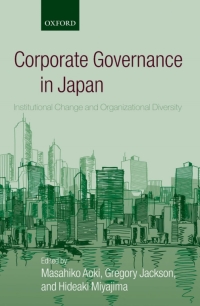Question
7. A firm has 50,000 shares of stock outstanding, net income of $50,000, and a PE ratio of 15. What will the firms PE ratio
7. A firm has 50,000 shares of stock outstanding, net income of $50,000, and a PE ratio of 15. What will the firms PE ratio be if the firm repurchases 25,000 shares? Assume all else remains constant.
| 12.0 | ||
| 13.0 | ||
| 15.0 | ||
| 7.50 |
8.An investor owns 1000 shares of stock in ABC Corp. with a market value of $1,100. ABC declares a 10% stock dividend. After the dividend is paid, John owns____________
| 1000 shares with a market value of $1,000. | ||||||||||||||||||||||||||||||||||||||||||||||||||||||||||||||||||||||||||||||||
| 1000 shares with a market value of $1,100. | ||||||||||||||||||||||||||||||||||||||||||||||||||||||||||||||||||||||||||||||||
| 1100 shares with a market value of $1,100. | ||||||||||||||||||||||||||||||||||||||||||||||||||||||||||||||||||||||||||||||||
| 1100 shares with a market value of $1,000.
9. The ex-dividend date is ________ the holder of record date.
|
Step by Step Solution
There are 3 Steps involved in it
Step: 1

Get Instant Access to Expert-Tailored Solutions
See step-by-step solutions with expert insights and AI powered tools for academic success
Step: 2

Step: 3

Ace Your Homework with AI
Get the answers you need in no time with our AI-driven, step-by-step assistance
Get Started


